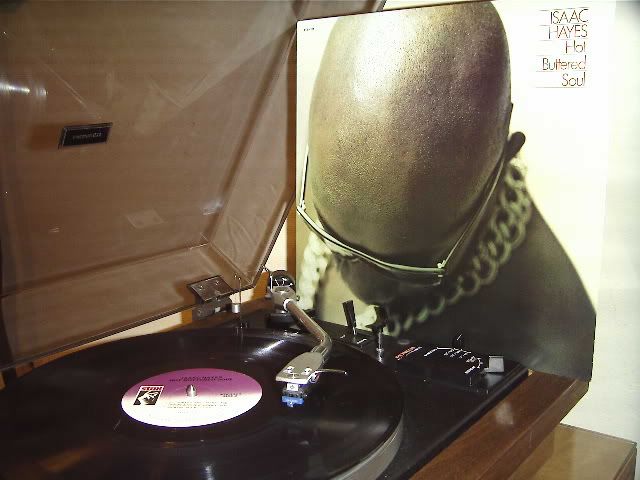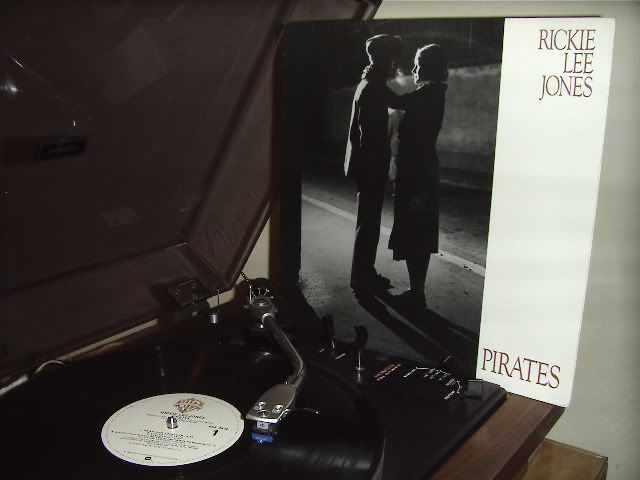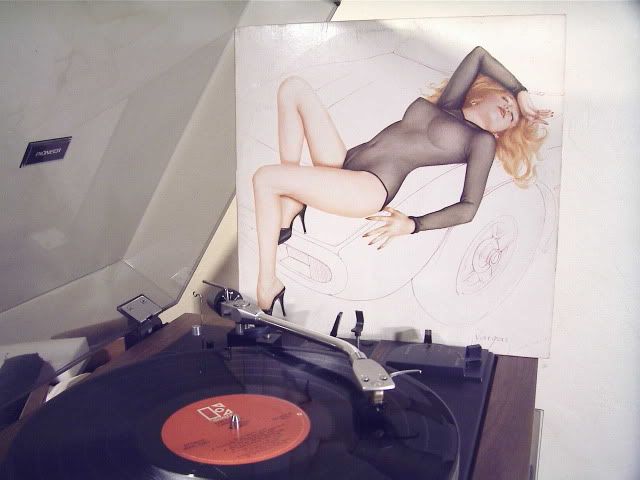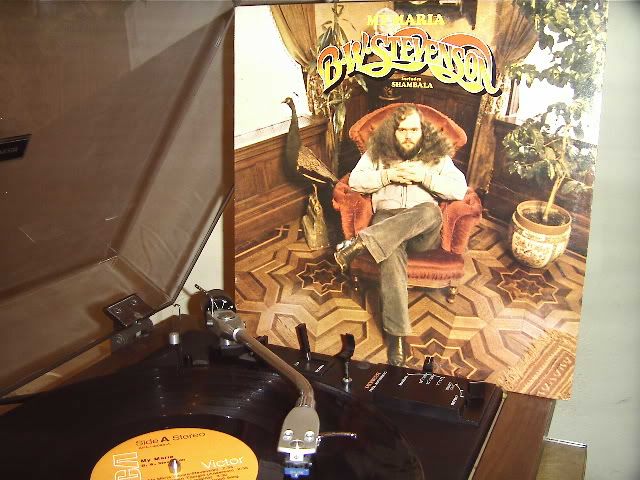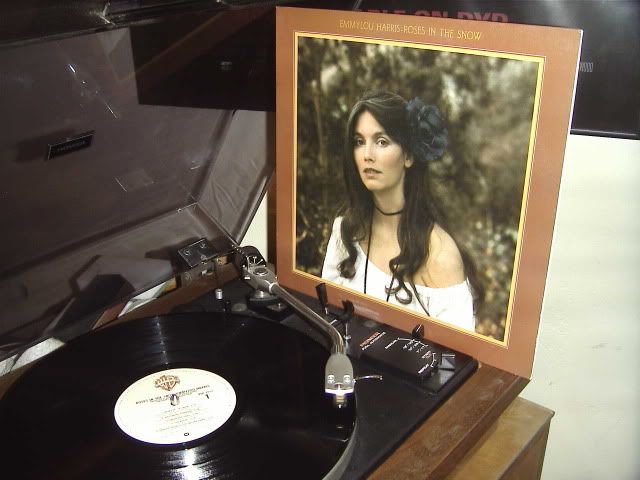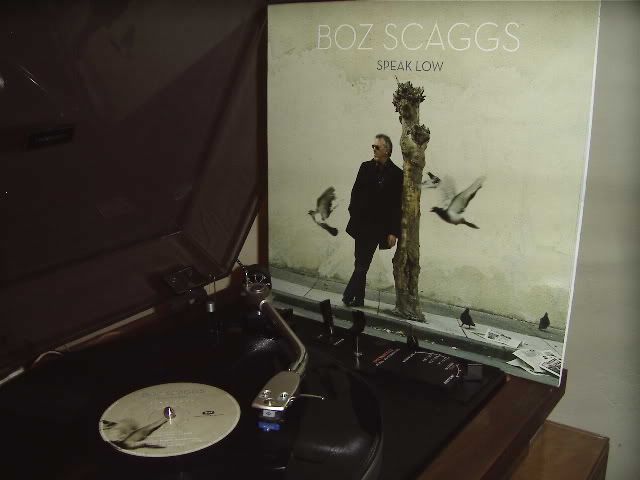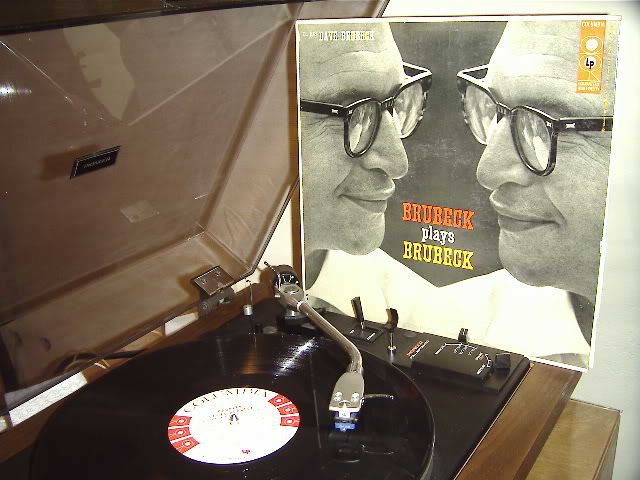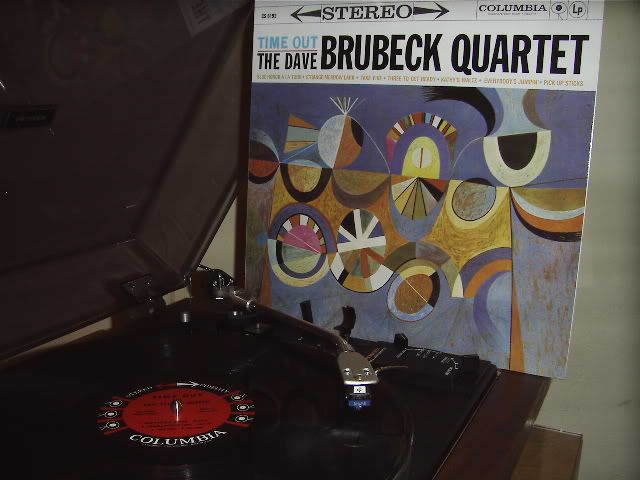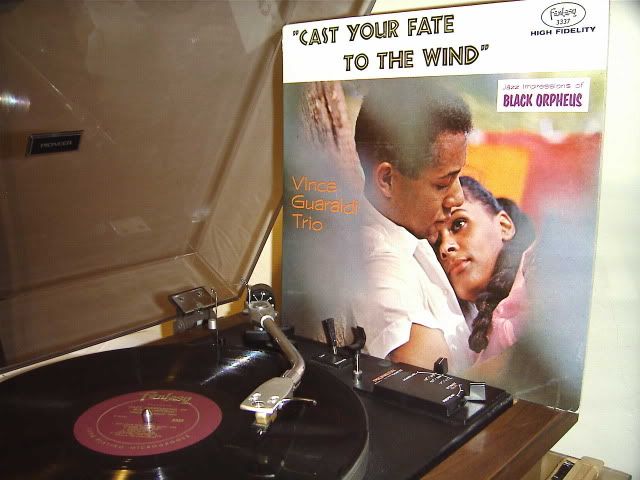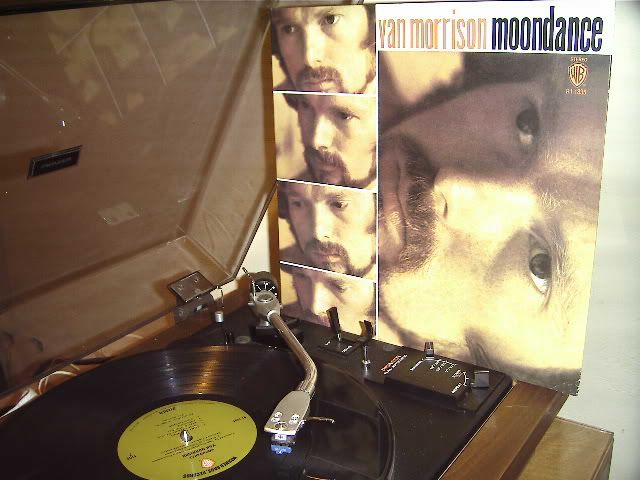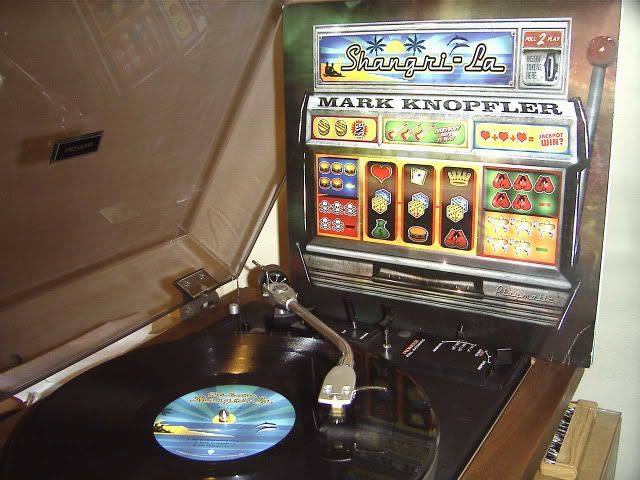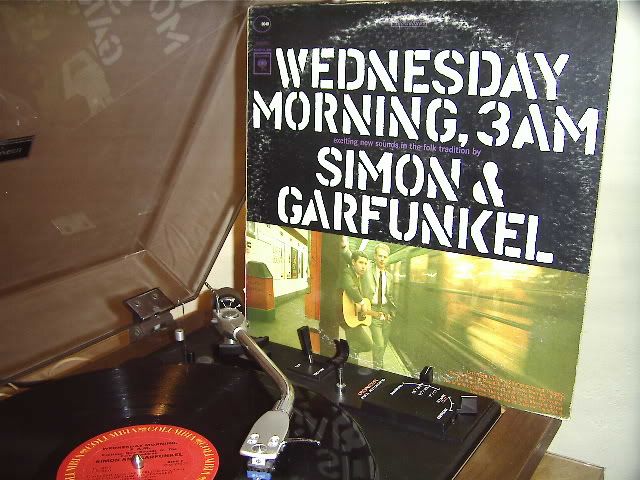Today's work truck music....
O Brother, Where Art Thou? - Soundtrack -- CD
Various Artists
2000 Lost Highway Records
Amazon.com's Best of 2001
The best soundtracks are like movies for the ears, and O Brother, Where Art Thou? joins the likes of Saturday Night Fever and The Harder They Come as cinematic pinnacles of song. The music from the Coen brothers' Depression-era film taps into the source from which the purest strains of country, blues, bluegrass, folk, and gospel music flow. Producer T Bone Burnett enlists the voices of Alison Krauss, Gillian Welch, Emmylou Harris, Ralph Stanley, and kindred spirits for performances of traditional material, in arrangements that are either a cappella or feature bare-bones accompaniment. Highlights range from the aching purity of Krauss's "Down to the River to Pray" to the plainspoken faith of the Whites' "Keep on the Sunny Side" to Stanley's chillingly plaintive "O Death." The album's spiritual centerpiece finds Krauss, Welch, and Harris harmonizing on "Didn't Leave Nobody but the Baby," a gospel lullaby that sounds like a chorus of Appalachian angels. --Don McLeese
1. "Po' Lazarus" traditional James Carter and the Prisoners 4:31
2. "Big Rock Candy Mountain" McClintock Harry McClintock 2:16
3. "You Are My Sunshine" Davis, Mitchell Norman Blake 4:26
4. "Down to the River to Pray" traditional Alison Krauss 2:55
5. "I Am a Man of Constant Sorrow" (radio station version) Dick Burnett Soggy Bottom Boys & Dan Tyminski 3:10
6. "Hard Time Killing Floor Blues" James Chris Thomas King 2:42
7. "I Am a Man of Constant Sorrow" (instrumental) Burnett Norman Blake 4:28
8. "Keep On the Sunny Side" Blenkhorn, Entwisle The Whites 3:33
9. "I'll Fly Away" Brumley Alison Krauss & Gillian Welch 3:57
10. "Didn't Leave Nobody but the Baby" traditional Emmylou Harris, Alison Krauss, Gillian Welch 1:57
11. "In the Highways" Carter Leah, Sarah, and Hannah Peasall 1:35
12. "I Am Weary, Let Me Rest" Roberts (Kuykendall) The Cox Family 3:13
13. "I Am a Man of Constant Sorrow" (instrumental) Burnett John Hartford 2:34
14. "O Death" traditional Ralph Stanley 3:19
15. "In the Jailhouse Now" Blind Blake, Rodgers Soggy Bottom Boys & Tim Blake Nelson 3:34
16. "I Am a Man of Constant Sorrow" (with band) Burnett Soggy Bottom Boys & Dan Tyminski 4:16
17. "Indian War Whoop" (instrumental) Hoyt Ming John Hartford 1:30
18. "Lonesome Valley" traditional The Fairfield Four 4:07
19. "Angel Band" traditional The Stanley Brothers 2:15
Total length:
61:24


